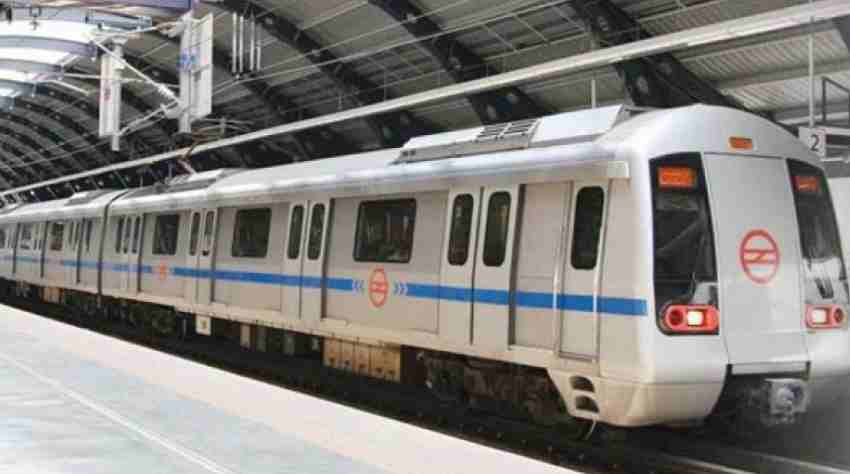Metro rail systems have one major argument disturbing them: that they seldom prove gainful as it is meant to provide a mass rapid transit option to the public at a reasonable cost. Kochi Metro Rail Ltd (KMRL), the key implementing agency of the Kochi metro, is to lighten the burden on the public even as it put efforts to break even by looking at the option of netting in as much revenue possible from non-ticketing sources.
The KMRL has already begun a move in this direction by auctioning station-naming rights, from which it hopes to earn Rs. 15.50 crore yearly. Now it is planning to net another bounty by selling advertisement space on the 500 pillars that hold up the metro vidaduct in the Aluva-Maharajas College Ground corridor.
The KMRL has also drawn up ambitious plans to mobilise revenue from the Green Township envisaged in 17 acres of government land at Kakkanad and from the sprawling commercial spaces in prominent metro stations. “We expect good revenue from the landmark pricing for advertisements on metro pillars since the metro viaduct passes through highly-visible areas in the Greater-Kochi area,” stated KMRL managing director Elias George.
While every sixth pillar will be with the facility of vertical garden, a space will be earmarked on the others for advertisements. The KMRL will choose norms for placing them, including the material that has to be used. No advertisement can be painted on metro pillars.
The KMRL also intends to earn Rs. 6 crore a year as rental from major stations like Aluva and M.G. Road, where 10,000 sq ft and 25,000 sq ft commercial space is available.
“Yet another revenue earner would be advertisements placed in the interior and exterior of trains and metro stations. Tenders have been invited for the purpose,” a KMRL official informed. By 2011 estimates, the metro’s expected passenger patronage would be 3.82 lakh persons a day in the first year of operation. This would rise to 4.40 lakh in the second year and proportionately thereon.
The KMRL is expected to make savings to the tune of approximately Rs. 439 crore during the coming 10 years by inking an MoU with a private bank to install and maintain infrastructure needed for using the Kochi-1 pre-paid card that is expected to be introduced shortly to enable cashless travel. We would also get 2% revenue on the non-transit transactions (like buying merchandise from shops) done using the card,” KMRL sources said.
KMRL expected to save INR439 Crore by inking an MOU with Private Bank


